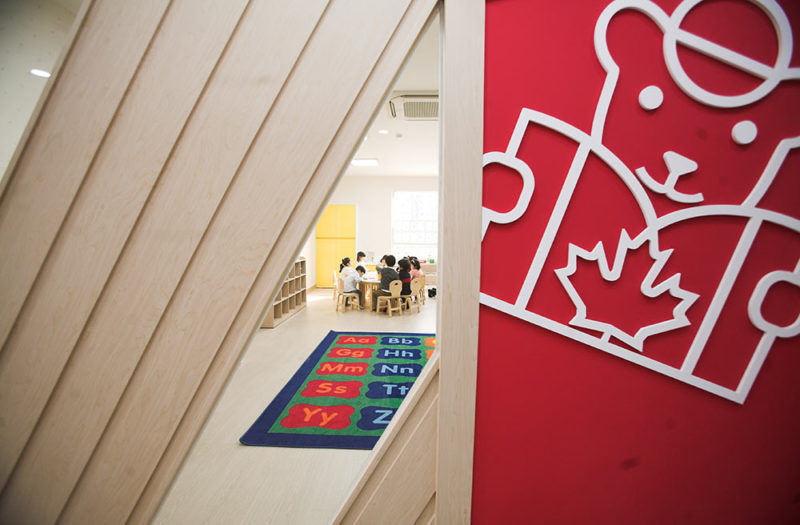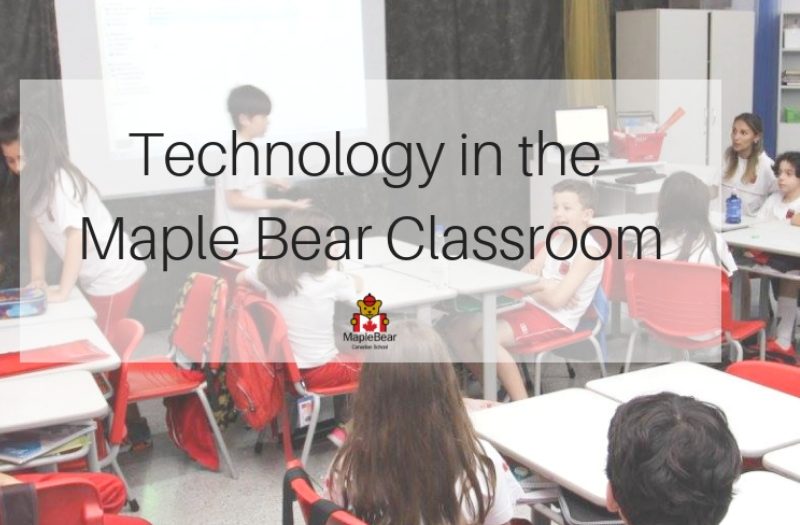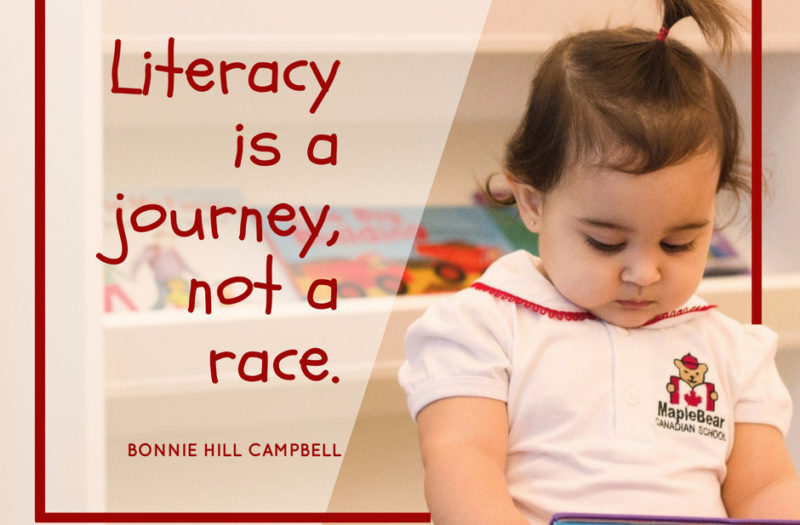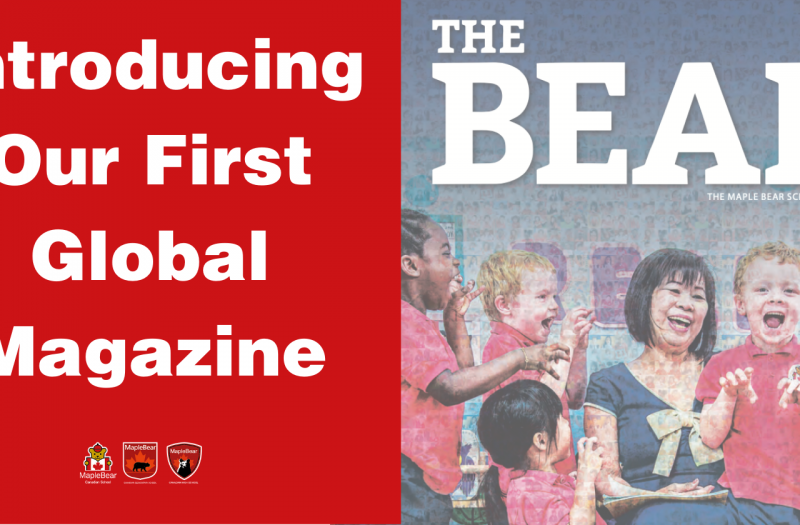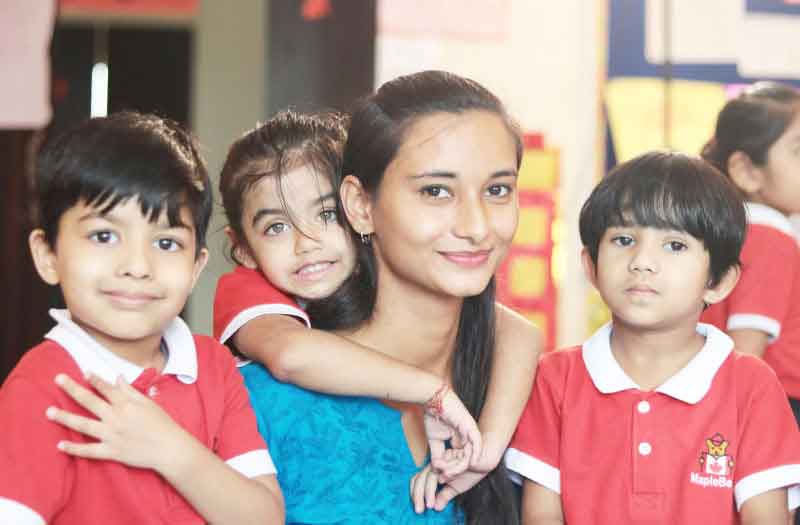
Early Childhood Education and how it secures your child’s future
Children start absorbing the environment around them and begin learning in the womb itself. They develop and learn rapidly in their early years. Early childhood education forms the foundation of a child’s biological make up. Studies have shown that early childhood is a time when developmental changes are happening that can have lasting impressions on a child’s future. The science of child development and early learning makes clear the importance of working with young children from infancy through the early elementary years. What a child experiences and is exposed to influences how a child develops.
The adults who provide for the care and education of children from birth through their early learning years bear a great responsibility for their health, development, and learning. Young children thrive when they have secure, positive relationships with adults who are knowledgeable about how to support their development and learning.

Commonplace interactions such as in a Pre school provide contexts for supporting the development of cognitive and learning skills and the emotional security in which early learning thrives. Applauding a toddler’s physical skills or a kindergarten going child’s writing skills, counting together the leaves in the lawn or the ingredients of a recipe, interactively reading a book, or an episode of classroom conflict between children – these and other shared experiences contribute to young children’s cognitive development and early learning.

Early childhood education during Pre school, is more explicit and visible. Preschoolers are more likely to understand deliberate approaches to learning, such as trial and error or experimentation. Preschoolers are experiential, learning by doing rather than figuring things out only by thinking about them. This makes shared activities with teachers and classmates opportunities for cognitive growth. Achievement in the Pre school age group is associated with instructional work that promotes thinking, creativity, and some abstract understanding with the aid of real-life references and materials. For example; interactive storybook reading, in which children describe the pictures and label their elements while the teacher and child ask and answer questions of each other about the story. Hence using read alouds as a platform for conversation. Preschoolers’ interest in learning by doing is also naturally suited to experimental inquiry related to science and other types of learning that involve developing and testing hypotheses. If given opportunities to learn, young children possess a remarkably broad – albeit informal – knowledge of mathematics. In their free play, almost all preschoolers engage in substantial amounts of pre-mathematical activity. They count objects; compare magnitudes; and explore patterns, shapes, and spatial relations.

Children’s early knowledge of mathematics is surprisingly important and it strongly predicts later success in logical reasoning & numeric ability. Mathematical thinking reaches beyond competence with numbers and shapes to form a foundation for general cognition and learning. Maple Bear Pre School focuses on early childhood education in the formative years of children by adopting all these techniques of learning by doing, encouraging abstract thinking and creativity.

As Preschoolers move towards Kindergarten, They are growing in their ability to make mental representations. This increasing ability to manage their thoughts and feelings also means that they have a greater ability to follow instructions. Our teachers focus on children’s growing cognitive abilities to use instructional approaches that depend on children’s own independent discoveries and their greater persistence in problem solving in the early elementary years. The focus on simple, descriptive activities shifts to explore cause and effect, theories of numbers, and statistical probability again with a hands on approach. These methods will help children develop their self-help skills while pushing for independence through experiential learning. Since the emphasis is on the process and not on the product, young learners start feeling confident even as they do the activities along with the adult.

Children’s health, development, and early learning provide a foundation on which later learning – and lifelong progress – is constructed. This foundation needs to be augmented by specialized knowledge and competencies depending on the specific age groups of the children. Maple Bear Pre School and Elementary Programs for Early Childhood education has detailed and comprehensive modules to ensure that the children and their future is ensured for success.
To know more about our programs please visit our website www.maplebearsouthasia.com

